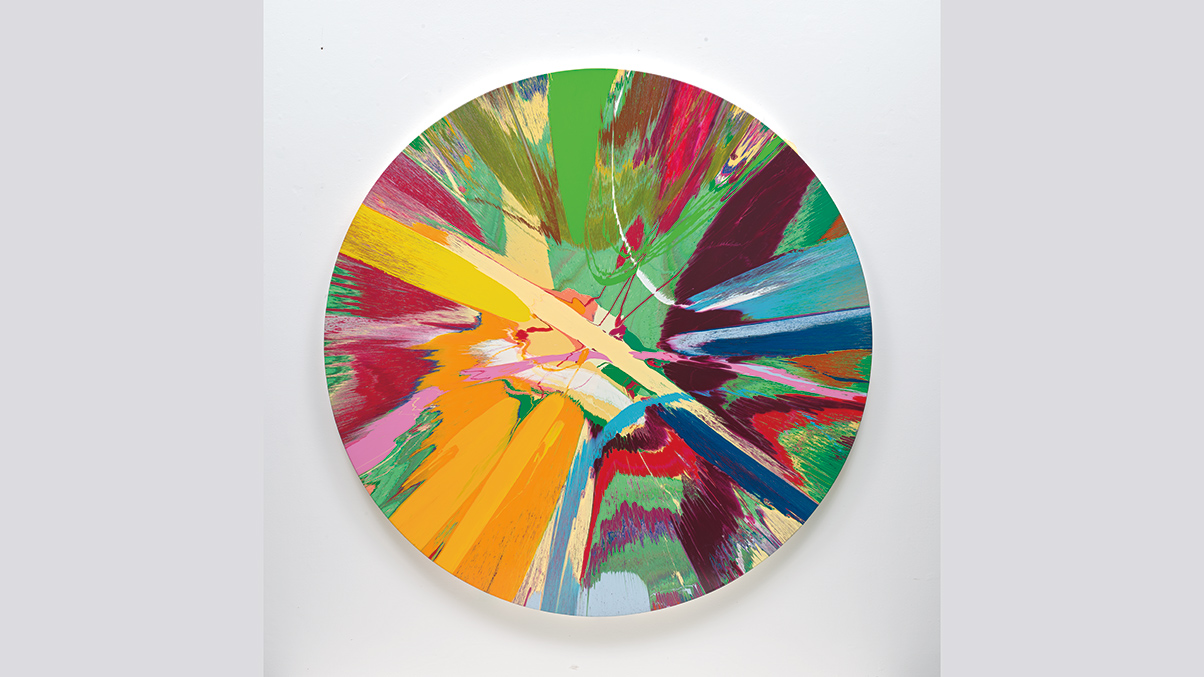Writing for the March edition of ThoughtLeaders4 Disputes magazine, Trust and Probate Litigation associate Judith Swinhoe-Standen discussed disputes over ‘chattels’, items of personal property other than freehold land.
Spats over chattels can appear in probate disputes and divorces in particular. Such disputes may seem simple on the surface, but they are often a key sticking point with the potential to scupper a wider settlement at the eleventh hour.
How can a dispute arise over chattels?
In a probate context, disputes can arise:
- as a result of construction issues in the will or otherwise where it is not entirely clear what the testator’s intentions were for the chattels;
- if (as is more common) the specific chattels are mentioned in a letter of wishes rather than in the will, where the executors choose not to comply with the wishes expressed;
- where the chattel in question is no longer in the deceased’s possession at the time of their death; or
- where there is a misunderstanding as to who is entitled to which item(s). This might be the case where the specific chattels are not mentioned in the will or letter of wishes and are instead either referred to in general terms (for example, “my jewellery”) or swept up in the residue clause.
In a divorce context, when the couple’s joint possessions are being shared between them, they can find it difficult to agree who should keep what.
How does a chattel dispute play out?
Almost all chattel disputes settle, often because the items are of a value disproportionate to the legal costs that would be required to take the matter to trial. Most lawyers will advise their clients that although it might be painful for their client to give up an item carrying such sentimental value, it is generally not worthwhile pursuing a claim on that basis or as a matter of principle.
Chattel disputes that do reach court tend to be part of a wider dispute (for example, the construction of various clauses of the will in Almond v Goff [2021] EWHC 1703 (Ch)) or are ancillary to the main dispute (for example in X v X [2019] 10 WLUK 896 where the court ruled that an agreement to deliver up chattels on a divorce was not enforceable as it was only an agreement rather than a court order).
If the deceased has left an item to a beneficiary in a will but has disposed of the chattel before their death, that legacy will fail. This might seem unfair to the intended recipient, especially if they are not compensated for it with an alternative item or a monetary sum.
Practical considerations
Understandably, it is often emotionally difficult for a party to concede a chattel. It is not usually enough to be offered the equivalent monetary value or to reach a compromise by selling the item and splitting the sale proceeds. It is the specific item to which they have an attachment, and having possession of it might be the most tangible way in which they can remember the person who has died.
Even if the dispute is over a collection of items, it is often difficult to contemplate dividing the collection between the parties to a dispute because this can risk decreasing the significance or value of the items as a whole. A notable exception to this was in Butler v Butler [2016] EWHC 1793 (Ch) concerning a collection of Chinese porcelain pots. In this case, the court found that the parties’ parents had collected the pots without intending that they should be preserved as a single collection. Therefore, they could justifiably be divided between the parties.
What does a settlement look like?
Unless the dispute is over a single chattel, it is almost inevitable that each party has to concede at least something. In principle, this is no different to any money dispute. However, in a dispute over chattels, the difference is that the result is binary: you either get the item or you don’t.
A compromise on chattels can take various forms. One option is to sell the item and divide the proceeds. A more bitter pill to swallow might be for one party to retain the item and compensate the other parties financially.
If the dispute is over a collection of items, the items can be valued and divided into portions of equal value among the parties to the dispute. Alternatively, as was ordered in Butler v Butler, the parties take turns selecting items from the collection until all items have been claimed.
If the chattels form part of a wider dispute, it is worth considering the issue early and treating it as just as important as the other aspects of the dispute. It is not unheard of for a settlement to be agreed on all counts other than the chattels before falling apart at the last minute due to deadlock on an item of jewellery, for example. Resolving the question early minimises the scope for hiccups at a late stage.
The meaning behind a chattel dispute
Lawyers are likely to advise their clients they will be throwing good money after bad if they pursue a dispute over chattels. Ultimately, a client might agree that in the grand scheme of things it is not worth the stress and cost of pursuing the item. However, it is worth keeping in mind the reason why chattels are often a sticking point: they hold important meaning, and relinquishing the item is equivalent to relinquishing the meaning behind it.
You can find further information regarding our expertise, experience and team on our Trust and Probate page.
If you require assistance from our team, please contact us or alternatively request a call back from one of our lawyers by submitting this form.
Subscribe – In order to receive our news straight to your inbox, subscribe here. Our newsletters are sent no more than once a month.





